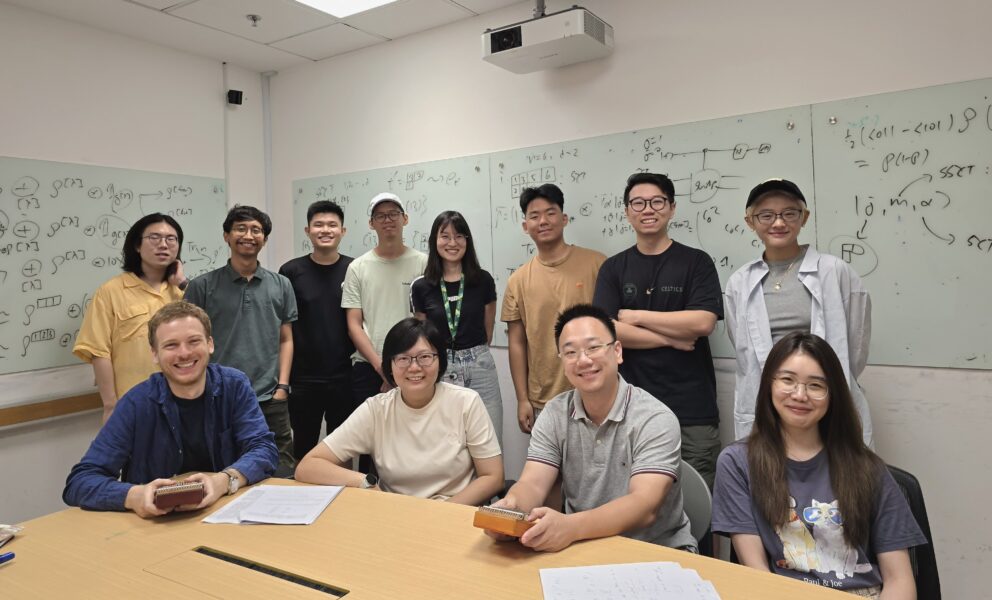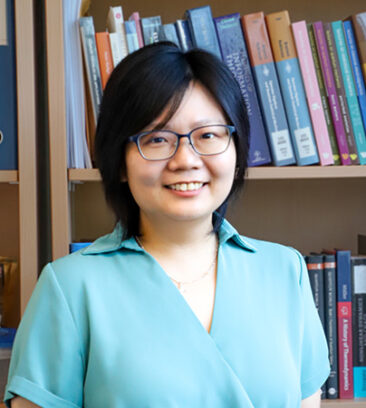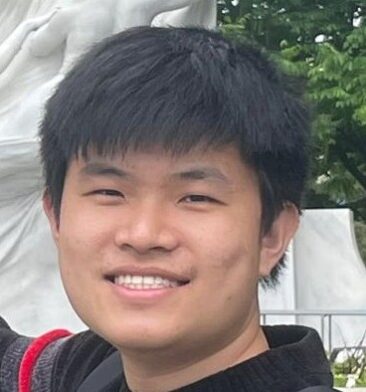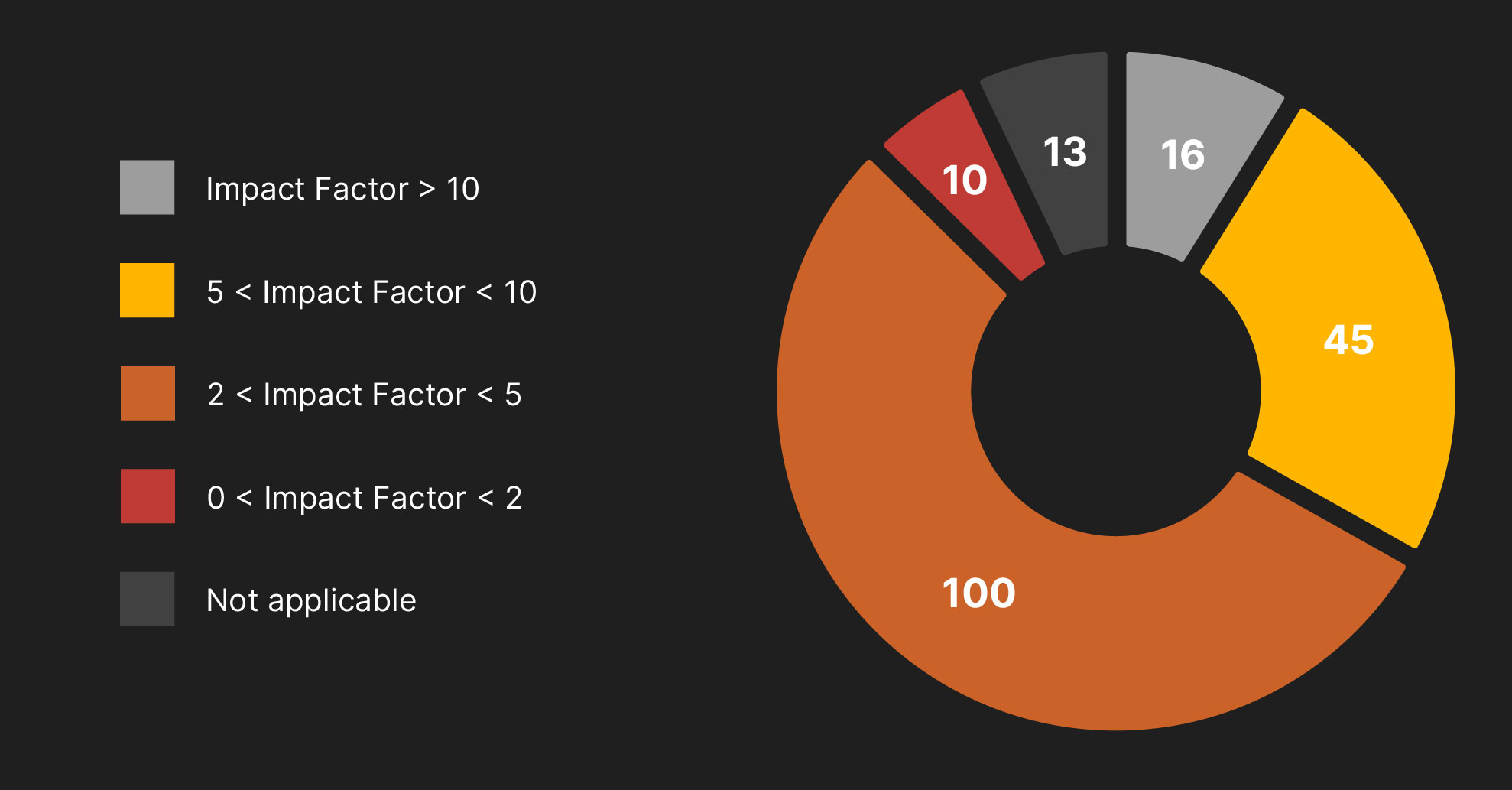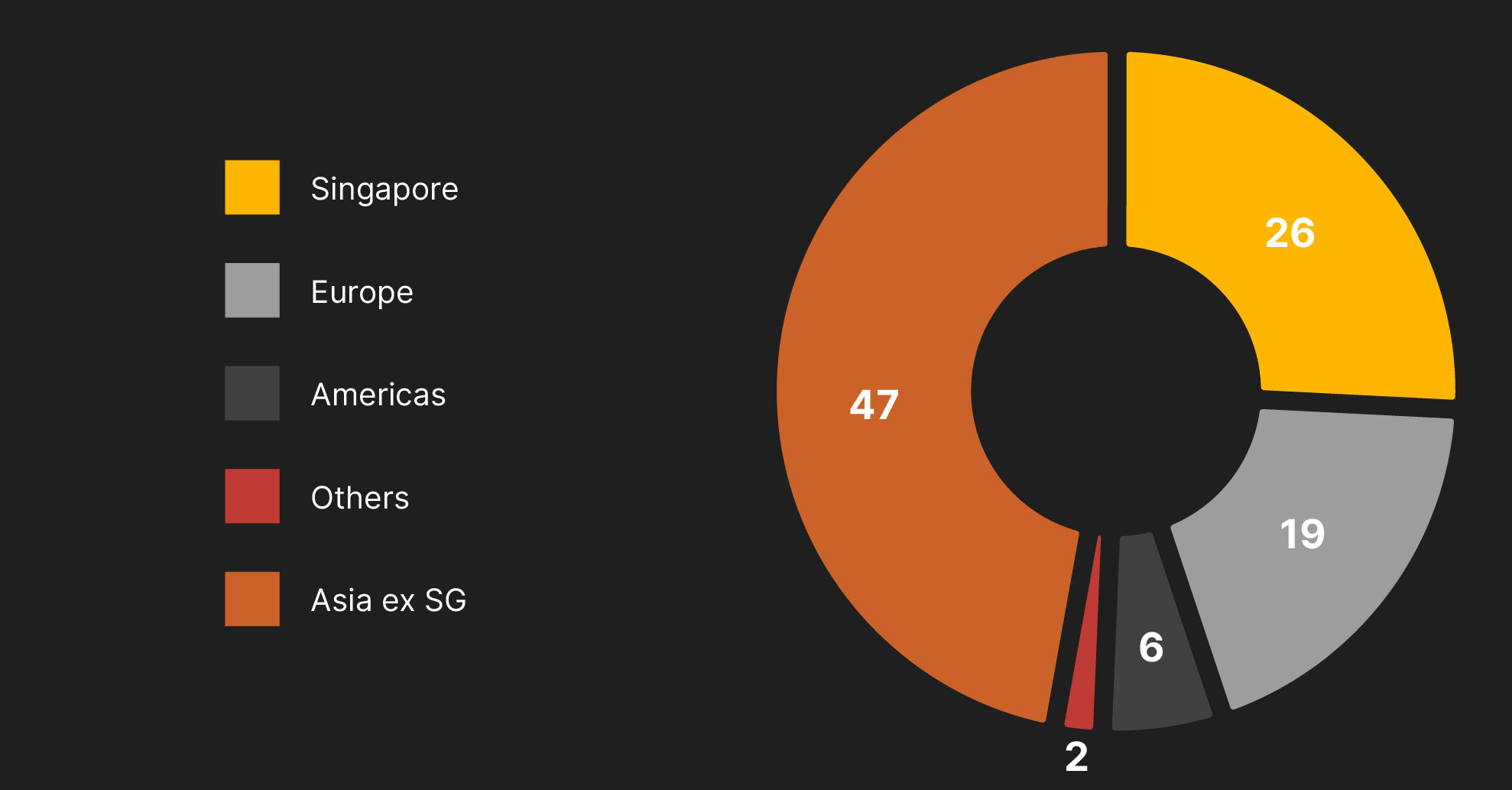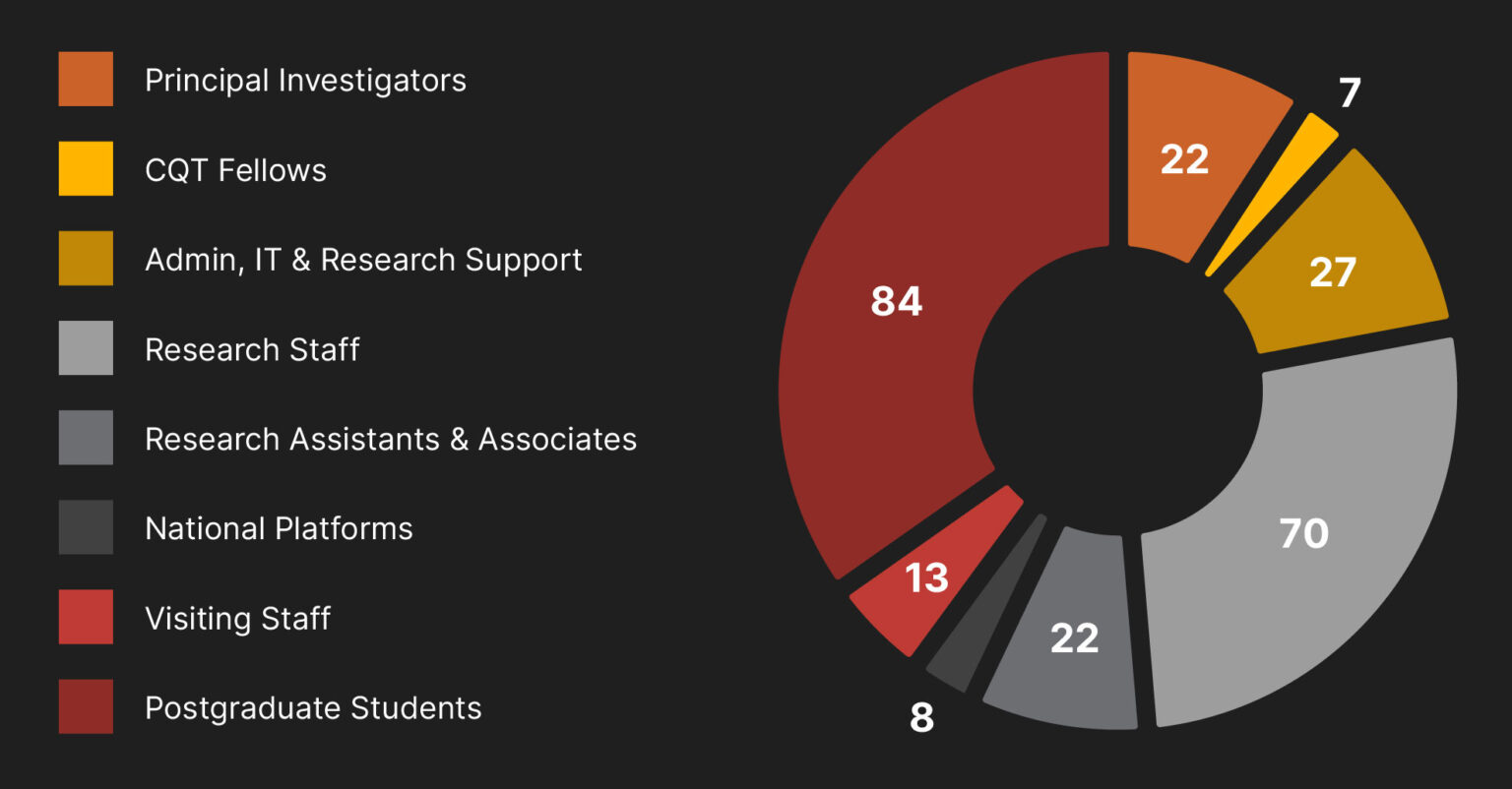Nelly Ng Huei Ying Group
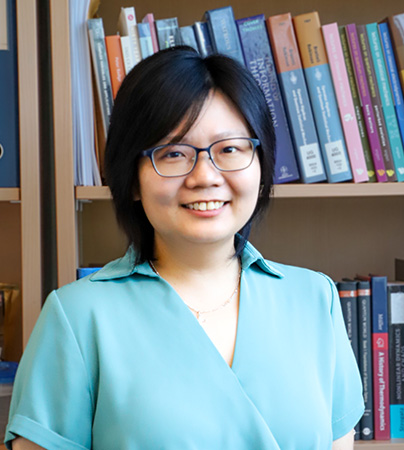
Nelly obtained her undergraduate degree in Physics from Nanyang Technological University (NTU), Singapore, and completed her PhD at QuTech, Delft University of Technology, under the supervision of Prof Stephanie Wehner. Her research focused on quantum thermodynamics, employing quantum information theory to develop frameworks for nanoscale systems. She subsequently held an Alexander von Humboldt Research Fellowship in Berlin. Since November 2020, she has been a Nanyang Assistant Professor at NTU. Her research interests include quantum information theory and resource theories with a focus on catalysis, quantum thermodynamics, and many-body physics.
Nelly Ng Huei Ying Group
We are a theoretical research group based at Nanyang Technological University, Singapore, working at the intersection of quantum physics and information theory. Our primary focus is on understanding the fundamental limits of controlling and manipulating quantum resources, particularly under realistic physical constraints. Our research is motivated by foundational questions in quantum thermodynamics, quantum measurements, and resource theories. We are especially interested in how coherence, catalysis, and irreversibility emerge in quantum systems, and occasionally explore how such phenomena can inform information-processing tasks. Our central aim, however, lies in the systematic development of rigorous frameworks and entropic tools – often within, but not limited to, the setting of quantum resource theories. We welcome highly motivated students and collaborators with a strong background in mathematics, theoretical physics, who are drawn to structural aspects of quantum theory. While our work may not always align with fast-moving trends, it seeks to advance fundamental understanding and contribute to the intellectual foundations of quantum science. If you value conceptual clarity and mathematical reasoning, we invite you to explore our research.
Recent papers
Quantum Dynamic Programming
Robust Catalysis and Resource Broadcasting: The Possible and the Impossible
Double-bracket quantum algorithms for quantum imaginary-time evolution
Second Law of Entanglement Manipulation with Entanglement Battery
Uniqueness of quantum state over time function



